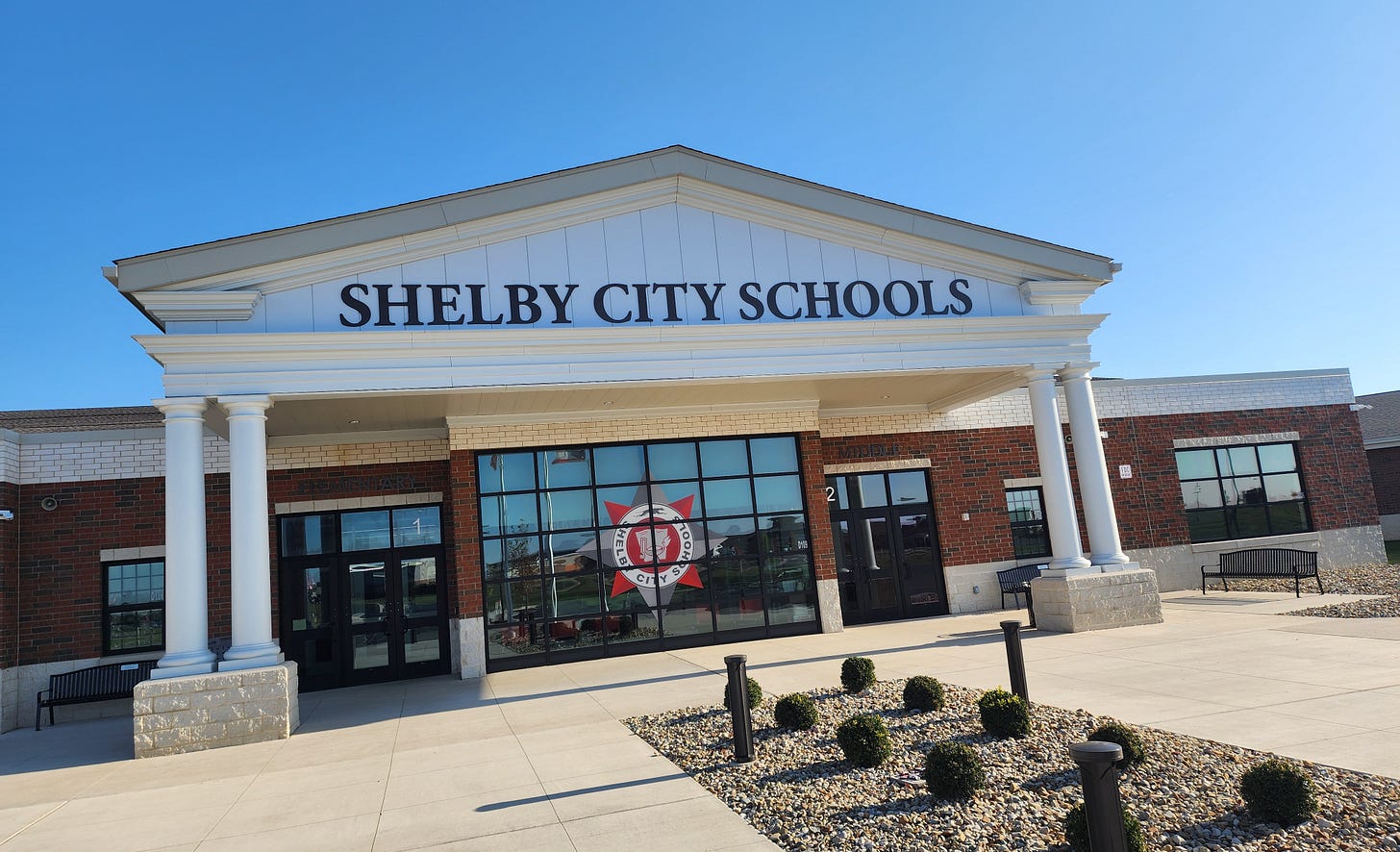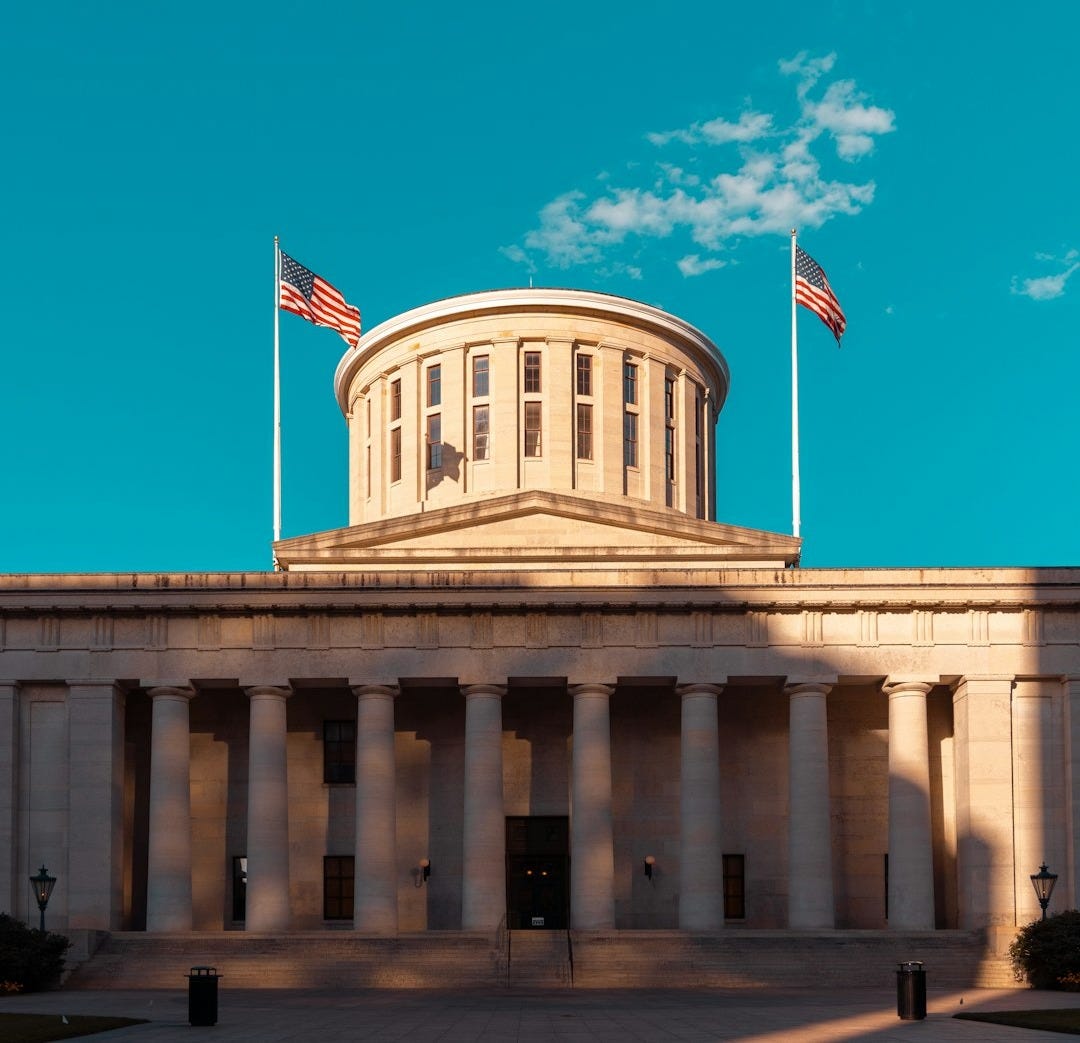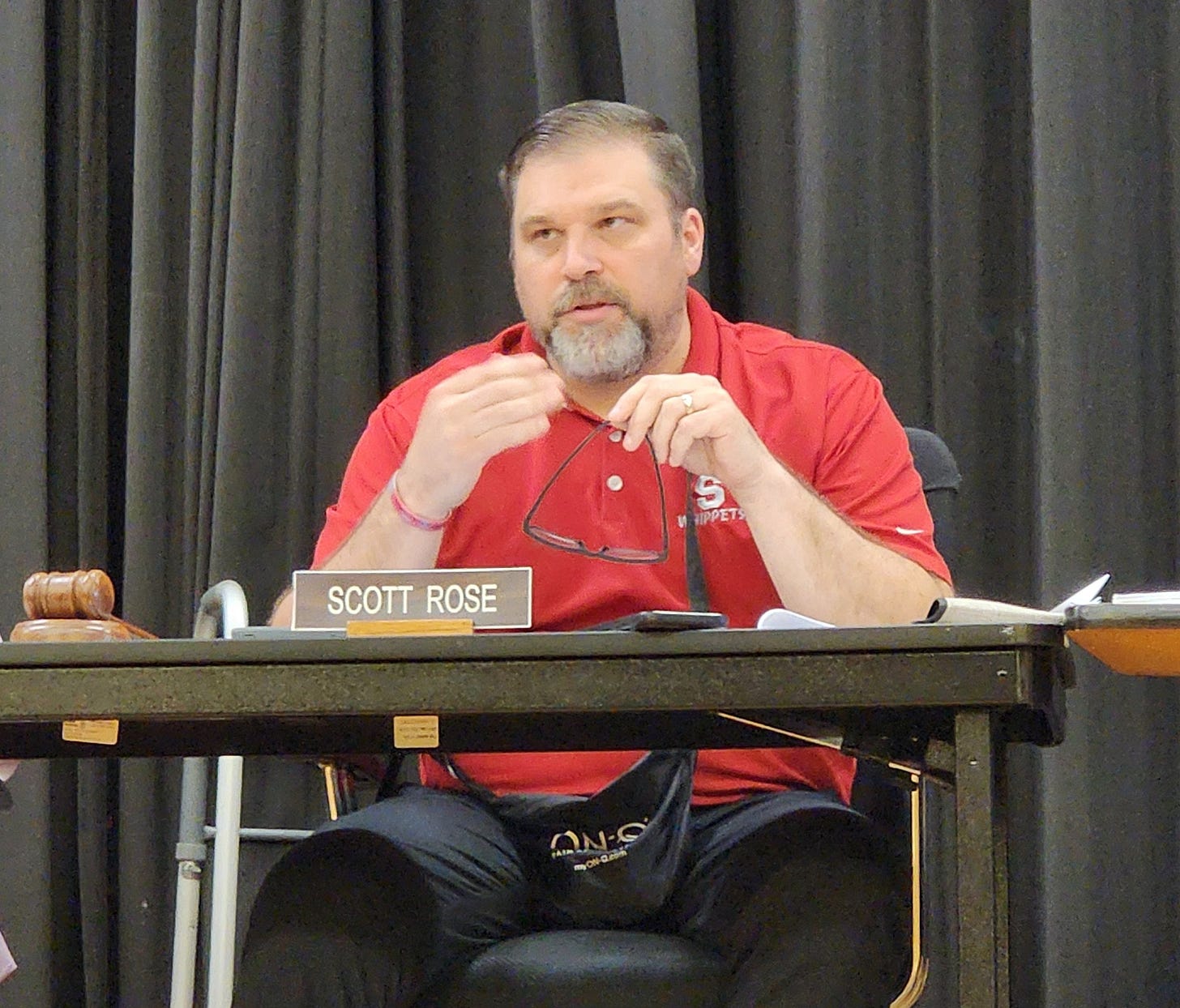Shelby City Schools projects a positive cash balance through June 2029, but uncertainty surrounding state-level education funding and proposed Ohio property tax legislation has district officials bracing for potential fiscal turbulence.
Shelby schools Treasurer Beth Lykins presented the five-year financial forecast on May 19, noting a “positive cash balance still, all the way through the forecast through June 30th, 2029."
Despite that projection, she expressed concern about legislative developments at the Ohio legislature in Columbus, including multiple proposed state laws that could affect local property taxes.
"There's still debate over the school funding formula," Lykins said. "Is it going to be fully funded? Is it not going to be fully funded?"
“There are 14 proposed laws out there to impact local property taxes,” Lykins said, “all the way from no property taxes to just who the property tax will impact. We're still waiting on that."

The governor’s budget calls for $103 million less for public schools in Ohio, Lykins said. That number was provided earlier this year by the Legislative Service Commission.
"I’ve seen everything from Shelby to be $1.2 million cut in the next two years to breaking even to a couple hundred thousand. It’s hard to tell.”
House Bill 96 has raised particular concern, with Lykins highlighting its provisions that would cap school districts’ carryover balances at 30 percent of prior fiscal year expenditures and potentially halt property tax collection once that threshold is reached.
"It also allows the county budget commissioners to suspend voter-approved levies... and disregard the 20-mill floor," she said.
She added, "So when will we know what's going on?... It's supposed to be passed by the end of June. So in July, we’ll start hearing things."
However, Lykins emphasized that "we really will not know the complete impact that it will have on property tax, on the state budget, probably not until October [or] November."
Lykins noted the district’s intention to revise the forecast again later this year. "We'll have a new forecast before November to see what all the changes are going to be, how it will impact us," she said.

Currently, before any state legislation, revenue is projected to remain flat, but expenditures are rising due to cost pressures and increasing personnel costs.
"Wages increase, insurance is increasing, supply (cost) just because of inflation, and so forth, are increasing, and then our ending balance, as you can see, because of that, it's decreasing over the fiscal year '29," Lykins explained.
She had earlier stated that going back to April 2022, real estate/property taxes are steadily climbing, "but our expenditures are climbing faster than our property tax and income tax."
"Where we spend most of our money is wages and benefits, which is 81 percent, which is typical of any school district or service industry," Lykins said later of fiscal year 2025, and "10 percent goes to services. That's like our utilities, our property insurance, any purchased service..."
The district's policy calls for a minimum 60-day cash balance, and Lykins assured that the current forecast remains compliant. "We're OK with this," she said during the update.
"Our end cash balance is fine. We're not going to run into the problems there. Unless taxes get changed, our funding gets changed, then there may be an issue."
Shelby schools’ funding formula from 2024 included 45 percent of revenue from the state foundation, 34 percent from real estate taxes, and 12 percent from income taxes. That composition underscores why the proposed changes could be so consequential.
“The foundation formula and what happens with property tax is going to be a major impact on us,” Lykins said. “It's almost 50-50.”
She noted that the district receives more funding from local revenue than from the state.
Lykins also pointed to the challenge of forecasting with so many unknowns. "We've had meetings with representatives trying to explain it to them. We were just recently at a meeting at our ESC (Educational Service Center), trying to explain to a representative."
Shelby School Board President Scott Rose said: “This isn’t one of those things that’s just going to affect a couple of schools. You're talking about affecting almost every public school in the state of Ohio,” he said.
In his 12th year on the school board, Rose praised the Shelby district’s financial stewardship amid the fiscal uncertainty.
“I feel like we’ve done a very good job of spending people’s money," Rose said. "I don’t feel like we’ve overspent... and it’s like, what do you do? There is so much uncertainty.”
"I think it's probably one of the most frustrating things right now as a board member is something's being controlled, and it's out of your hands," Rose said, as the district tries to plan for its financial future.
"I've sent emails to legislators trying to plead to them on behalf of school districts," he added.




